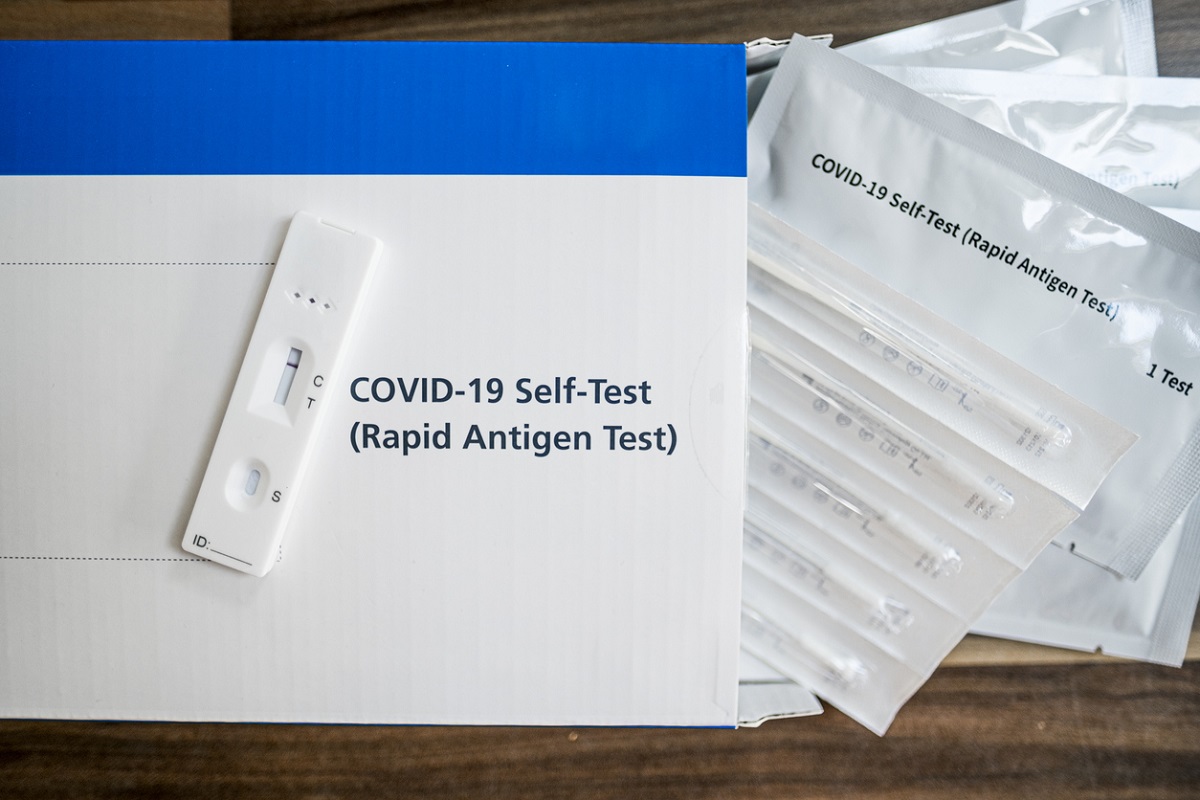Delhi Police bust e-cigarette racket, arrest two
With the arrest of two with 830 packets of e-cigarettes, a team of the Delhi Police claimed to have busted an e-cigarette racket.
“To ensure that Rapid Antigen Detection Test is accessible to those who may need it at any given point in time, it has been decided that all Hospitals under GNCT of Delhi will ensure these services 24X7 on all days (including Sundays and Holidays) through FLU/Fever clinics/Emergency,” the order stated.

(Representational Image: iStock)
The Delhi government-run hospitals will now conduct Rapid Antigen Test (RAT) for the detection of Covid-19 infection at their centres 24×7 at their centres.
The decision has come from the Delhi government which has ordered all its hospitals to conduct RAT 24×7 including Sundays and gazetted holidays at their Fever clinics and emergency ward.
Advertisement
“To ensure that Rapid Antigen Detection Test is accessible to those who may need it at any given point in time, it has been decided that all Hospitals under GNCT of Delhi will ensure these services 24X7 on all days (including Sundays and Holidays) through FLU/Fever clinics/Emergency,” the order stated.
Advertisement
“It is re-iterated that all teams must adhere to the ICMR norms for Rapid Antigen Detection Test including the follow-up RT PCR testing of symptomatic individuals detected as “negative” by the rapid test and updation of results on ICMR portal in a time-bound manner,” it added.
RAT has a short turnaround time of 15-30 minutes and thus offers a distinct advantage of quick detection of cases and the opportunity to isolate and treat them early for curbing transmission and for a favourable outcome.
The move has come days after the Indian Council for Medical Research (ICMR) revised the country’s testing strategy, advising RAT in all health facilities, both government and private, while calling for RAT booths to be set up in cities, towns and villages.
The RAT, which is less is now preferred due to the monumental rise in Covid-19 cases and associated deaths. The unprecedented upsurge in the pandemic has put immense pressure on the laboratories.
“The laboratories are facing challenges to meet the expected testing target due to extraordinary case load and staff getting infected with COVID-19,” the ICMR mentioned as a reason behind pushing RAT in its revised testing guidance document.
Till now, the central government has been apprehensive of the widespread use of RAT. The antigen tests look for the presence of specific parts of a virus that generate the immune response in the body, especially antibodies.
They have been preferred because they give results in 30 mins at the most but the propensity for false negatives has meant that experts and governments have been wary of its overuse.
Advertisement